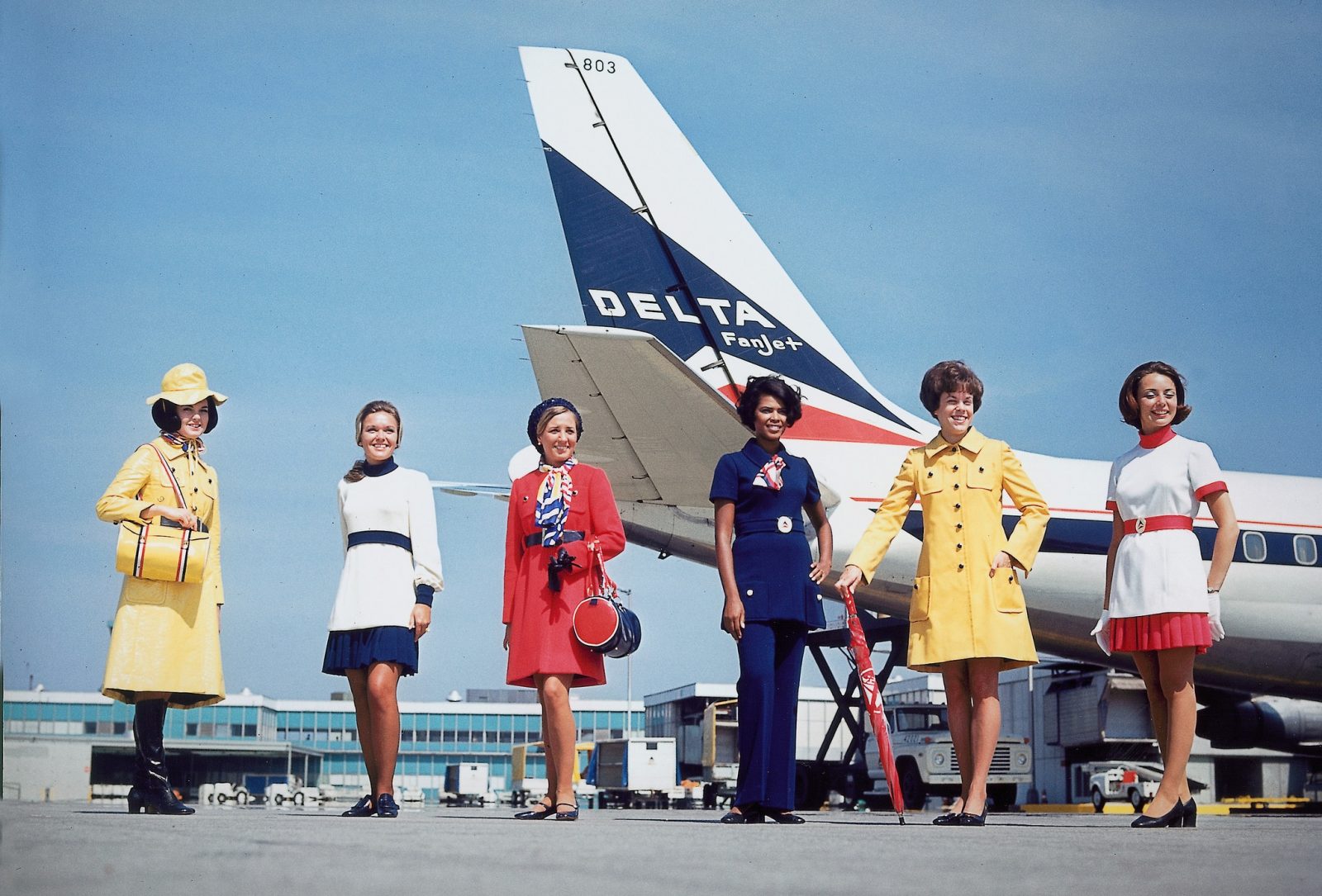
A new study led by Eileen McNeely of the Harvard T.H. Chan School of Public Health in Boston and published in the BMC Environmental Health journal suggests that flight attendants may be at higher risk of developing cancer compared to the general population. The study is the first to have looked at all types of cancer including breast, uterus, cervix, thyroid and skin cancer.
Over 5,300 U.S.-based flight attendants took part in the Harvard Flight Attendant Health Study between 2014-2015, although the results have only just been published. Researchers compared the prevalence of self-reported cancer in flight attendants against a group of people with a similar socioeconomic background to cabin crew.
“This study is the first to show higher prevalences of all cancers studied, and significantly higher prevalences of non-melanoma skin cancer compared to a similarly matched U.S. sample population,” explained the lead researcher, Eileen McNeely in comments reported by Reuters.
Flight attendants were 51% more likely to develop breast cancer compared to their peers and had more than double the risk of melanoma. Researchers worringly concluded that flight attendants had a more than quadruple chance of developing other forms of skin cancer compared to the control group.
The study says that flight attendants are a unique group in that they work in an environment where they are exposed “several known and probable carcinogens” in the aircraft cabin. Possible carcinogen causing factors included:
- cosmic ionizing radiation
- Circadian rhythm disruption
- Irregular schedules
- Frequently crossing time zones
- poor cabin air quality from a number of sources
The authors also noted that longer-serving flight attendants had in the past been exposed to the affects of second-hand smoke before in-flight smoking was banned in the late 1980’s and early 1990’s.
The study is the first to show that flight attendants may be at risk of developing non-melanoma skin cancer among U.S. cabin crew relative to the general population. Similar studies in Europe have previously drawn the same conclusion.
Job tenure was also found to be a risk factor with longer serving flight attendants at greater risk of developing skin and breast cancer. The authors said the results were “striking” given the low rates of overweight and smoking flight attendants.
“Our results are also consistent with cabin crews’ occupational exposures to ionizing radiation, Circadian rhythm disruption, historical exposures to in-flight secondhand smoke, and ongoing exposures to other chemical agents, most of which are classified as confirmed or probable carcinogens in humans,” the study noted.
However, according to Reuters, flight attendants are still less likely to die of all causes (except from a plane crash) than the general population.
“They (flight attendants) are comparatively healthy and wealthy, and more likely to seek medical care than the general population,” explained Rob Griffiths from the University of Otago Wellington in New Zealand.
PPG Aerospace recently unveiled a new transparency film that can be applied to cockpit and cabin windows to prevent harmful UVA, UVB, and HEVBLUE rays from entering the aircraft. The company hopes to be able to offer the product to airlines and aircraft manufacturers by 2019 or 2020.
Related
Mateusz Maszczynski honed his skills as an international flight attendant at the most prominent airline in the Middle East and has been flying ever since... most recently for a well known European airline. Matt is passionate about the aviation industry and has become an expert in passenger experience and human-centric stories. Always keeping an ear close to the ground, Matt's industry insights, analysis and news coverage is frequently relied upon by some of the biggest names in journalism.







